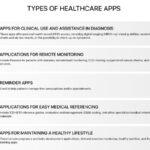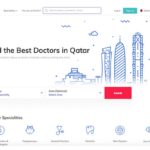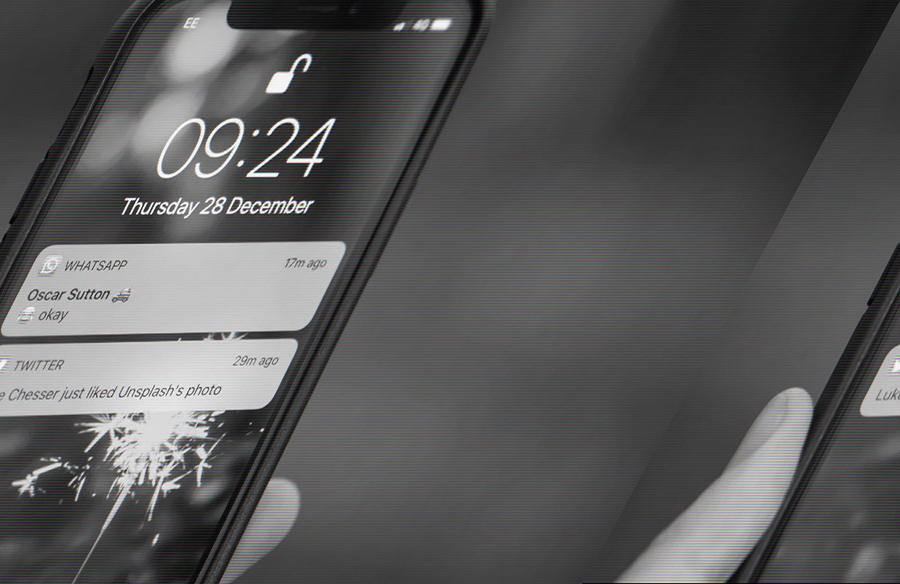Crafting an Effective Medical Mobile App
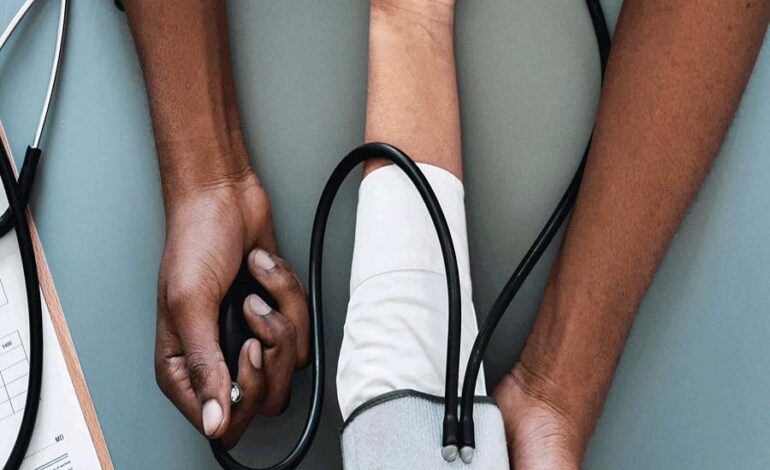
In today’s digital era, millions of individuals rely on their mobile devices to streamline their daily lives. Developing a medical mobile app can provide access to basic healthcare services, enabling users to monitor their health conditions and nutrition levels. This accessibility allows individuals to prevent diseases or manage existing conditions more effectively, without waiting for serious symptoms to arise. Particularly, populations in suburban, rural, conflict-affected areas, and impoverished regions stand to benefit greatly from such technological innovations.
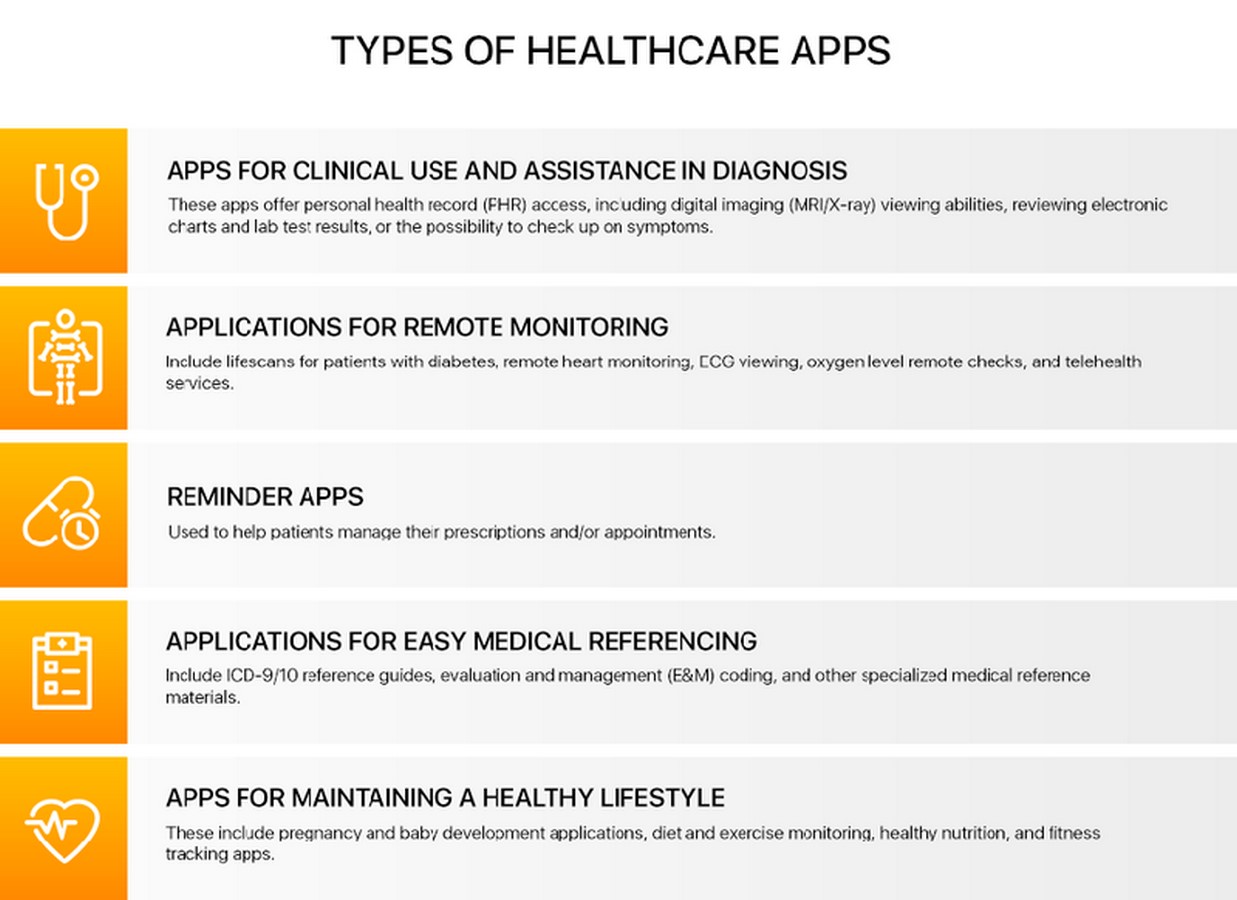
Enhancing Healthcare Accessibility
Medical mobile apps offer users the convenience of accessing professional medical consultation directly from their devices. This accessibility is crucial, especially in underserved communities where traditional healthcare services may be limited. Additionally, features like scheduling appointments and sharing health-related information contribute to improved patient outcomes while reducing administrative burdens on healthcare providers.
Key Steps in Medical Mobile App Development
The development of a medical mobile app begins with meticulous planning, focusing on potential risks and what-if scenarios. Below, we outline the essential steps involved in the development process:
- Market Research: Study the current landscape of medical mobile apps to identify market trends and user preferences.
- Feature Identification: Compile a list of must-have features based on user needs and industry requirements.
- Development Approach: Consider outsourcing app development if an in-house team is unavailable or lacks necessary expertise.
- Privacy and Security Compliance: Adhere to strict privacy and security standards to safeguard sensitive healthcare data.
- Thorough Testing: Conduct comprehensive testing to identify and address any bugs or usability issues before launching the app.
Understanding the Current State of Medical Mobile App Development
Consumer surveys indicate a significant adoption of health tracking apps, with a quarter of US adults and a billion smartphone users globally utilizing such applications. However, not all medical mobile apps meet user expectations due to issues like poor usability and non-compliance with privacy regulations.

Essential Features of Successful Medical Mobile Apps
Successful medical mobile apps prioritize user needs and offer essential functionalities, including:
- Access to electronic medical records
- Appointment scheduling and management
- Lab test result access
- Prescription and appointment reminders
- Secure data transmission and storage
Outsourcing Development for Efficiency
While in-house development offers advantages, outsourcing can be cost-effective and provide access to a larger talent pool. Companies can choose from project-based, dedicated team, or staff augmentation models based on their specific requirements.
Compliance with Privacy Regulations
Medical mobile apps must adhere to strict privacy regulations, such as HIPAA in the US and GDPR in the EU, to ensure the protection of user data. Understanding regional laws and implementing appropriate security measures is essential for legal compliance.
Data Encryption for Security
Encryption of stored and transmitted data is imperative to maintain confidentiality and protect sensitive information from unauthorized access. Compliance with modern encryption standards helps mitigate the risk of data breaches.
Importance of Thorough Testing
Professional software testing is essential to identify and rectify bugs, ensure data privacy, and enhance user experience. Skipping testing can undermine the credibility of the app and lead to negative user experiences.
Real-World Examples
Medical mobile apps like Benemedic and Meddy.co demonstrate the effectiveness of digital solutions in healthcare delivery. These apps facilitate doctor-patient communication, appointment booking, and access to healthcare resources, thereby improving patient outcomes.
Development Cost Considerations
The cost of medical app development varies depending on factors like complexity and development hours. Outsourcing development can offer cost savings without compromising quality.
Prioritizing Patient Interests
Effective medical mobile apps prioritize patient interests and aim to provide user-friendly solutions that address healthcare needs. Collaboration among stakeholders and adherence to ethical standards are essential for successful app development.
In conclusion, leveraging technology to enhance healthcare delivery requires a concerted effort from developers, healthcare providers, and regulatory bodies. By prioritizing patient interests and adhering to privacy regulations, medical mobile apps can revolutionize healthcare accessibility and improve patient outcomes.

